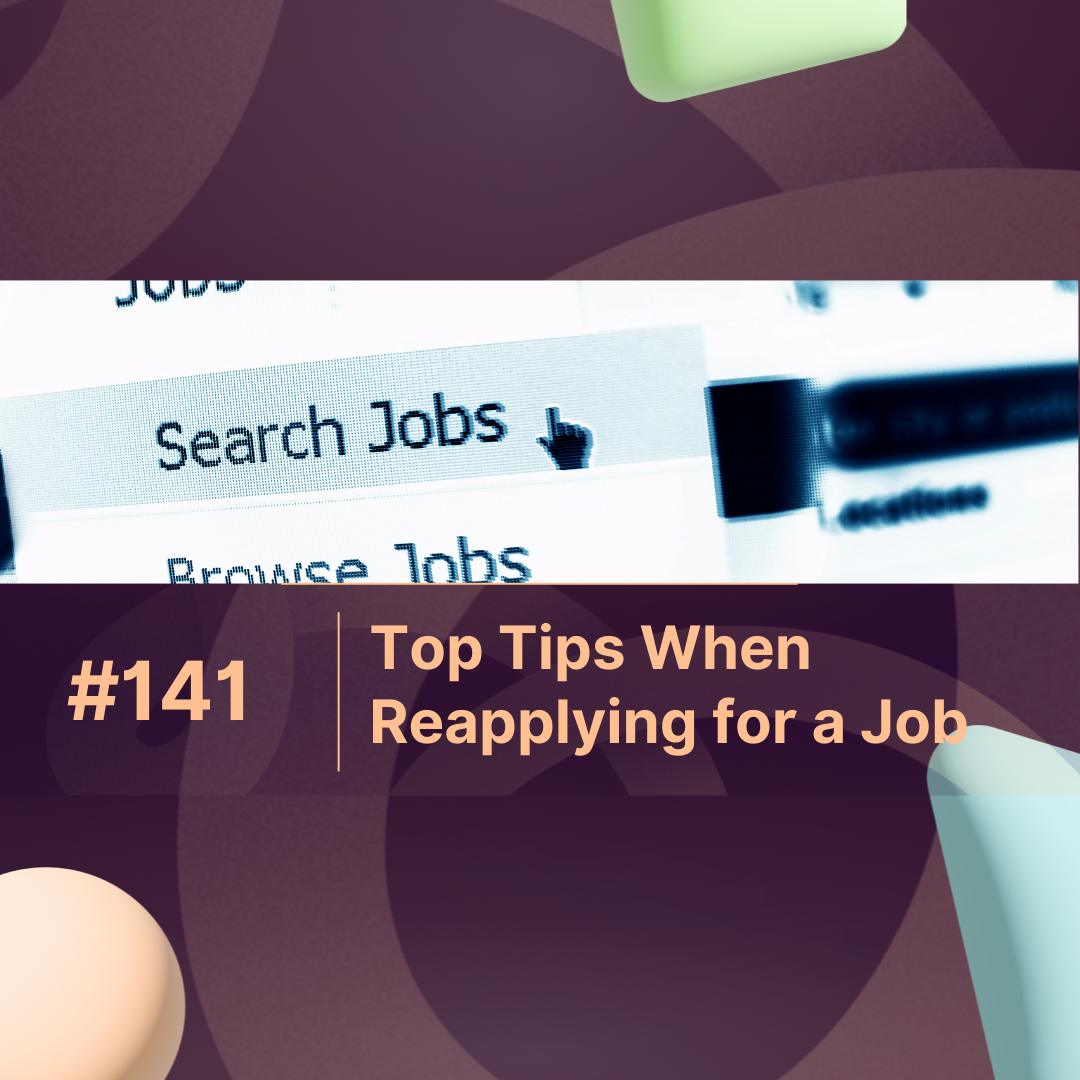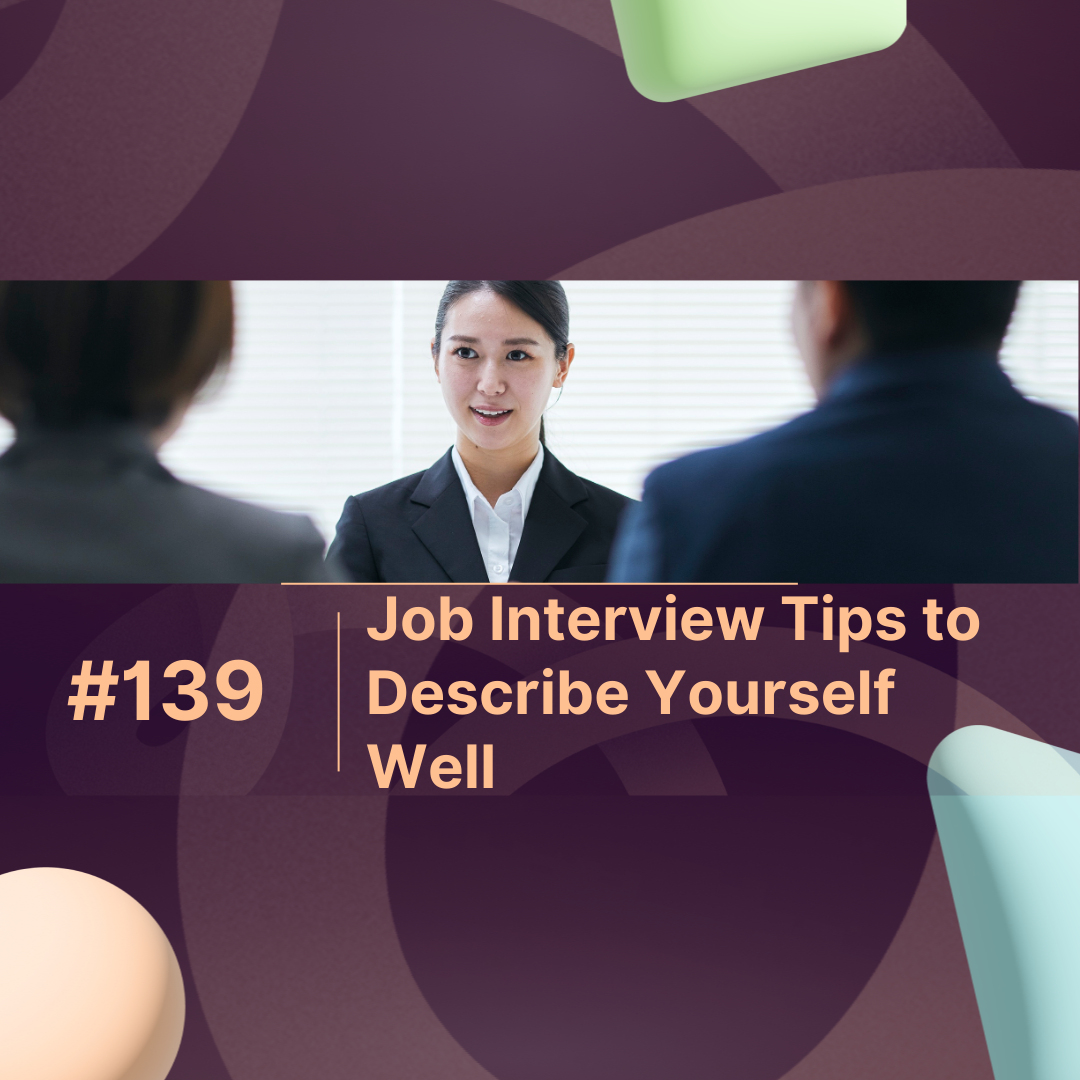Overview
The job market is evolving—and so are the tools that power it. In 2025, the AI Resume Revolution is transforming how resumes are written, reviewed, and ranked. From keyword optimization to Applicant Tracking System (ATS) scanning, AI now plays a critical role in helping recruiters shortlist candidates faster and smarter.
This guide is designed for job seekers who want to stay ahead of the curve. Whether you’re updating your CV or applying for your first job, this step-by-step guide to the AI Resume Revolution will help you adapt, optimize, and stand out in today’s AI-powered hiring landscape.
What Is the AI Resume Revolution?
The AI Resume Revolution refers to the growing use of artificial intelligence in resume screening, job matching, and recruitment workflows. Tools powered by AI now scan resumes for keywords, format consistency, and skill relevance before a human ever sees them.
According to a LinkedIn 2025 report, over 75% of Fortune 500 companies use AI-powered ATS systems to streamline hiring, and 68% of job seekers say they feel unprepared for this shift. That’s why understanding and participating in the AI Resume Revolution is now essential for job search success.
Step-by-Step Guide to the AI Resume Revolution
1. Start with the Right Format
AI tools favor resumes that are clean, simple, and structured.
-
Use reverse chronological format
-
Stick to standard headings (e.g., “Experience,” “Education”)
-
Avoid graphics, tables, and multiple columns
Tip: Save your file as a .docx or PDF (if ATS-compatible)
2. Optimize for Keywords
AI scans for job-specific keywords to match resumes with job descriptions.
-
Read job listings carefully
-
Identify repeating skills and tools (e.g., “SEO,” “Python,” “CRM software”)
-
Use these terms naturally in your experience and skills sections
Important: Don’t keyword stuff—AI systems now penalize for this.
3. Use AI Resume Builders and Analyzers
Take advantage of tools created by the same revolution.
-
Platforms like ResumAI, Resume.io, and Zety analyze resumes in real-time
-
Get suggestions for keyword improvements, formatting, and phrasing
-
Compare your resume score against industry benchmarks
4. Highlight Transferable and Future-Ready Skills
The AI Resume Revolution prioritizes skills-based hiring.
-
Focus on soft skills (communication, adaptability)
-
Add digital fluency (AI literacy, remote tools)
-
Mention results over responsibilities
Example: “Improved campaign ROI by 32% using automated analytics” is better than “Managed marketing campaigns.”
5. Tailor Your Resume for Every Application
Generic resumes are outdated. Customization is king.
-
Match your resume to each job post
-
Include job title in the summary
-
Update keywords and achievements per role
Tip: Save multiple resume versions for different industries.
AI Resume Revolution: Key Stats in 2025
| Metric | Value | Insight |
|---|---|---|
| Companies using AI-based ATS | 75% | AI is now standard in corporate hiring |
| Job seekers unaware of AI resume scanning | 68% | Most candidates are not AI-optimized |
| Resume rejection due to keyword mismatch | 43% | ATS filters out non-optimized resumes |
| Time AI takes to scan and rank a resume | Under 7 secs | First impressions are now algorithmic |
| Top AI resume keyword categories | Skills, Tools, Metrics | Focus on value-based achievements |
Conclusion
The AI Resume Revolution is more than just a trend—it’s the new normal in hiring. For job seekers, adapting to AI-driven resume screening means the difference between being seen or being filtered out. By optimizing your resume format, using the right keywords, leveraging AI tools, and customizing your application for each role, you’re not just keeping up—you’re standing out.
Join the revolution. Write your resume for both humans and machines, and land more interviews in 2025 and beyond.
FAQs
Q1. What is the AI Resume Revolution?
A: It refers to the use of AI technologies in screening, ranking, and analyzing resumes before they reach a human recruiter.
Q2. How can I make my resume AI-friendly?
A: Use a clean format, include relevant keywords, and avoid images or fancy designs that can confuse ATS bots.
Q3. Do AI tools really impact hiring decisions?
A: Yes. AI systems scan for role-specific keywords and rank resumes, often determining who moves to the interview stage.
Q4. Are there tools to help me optimize my resume for AI?
A: Absolutely. Platforms like Resume.io, Jobscan, and ResumAI provide feedback on ATS-friendliness and keyword strength.
Q5. Should I still focus on design and visuals in my resume?
A: Not for AI. Focus on structure and clarity. Use a visually designed version only for networking or printed handouts.



